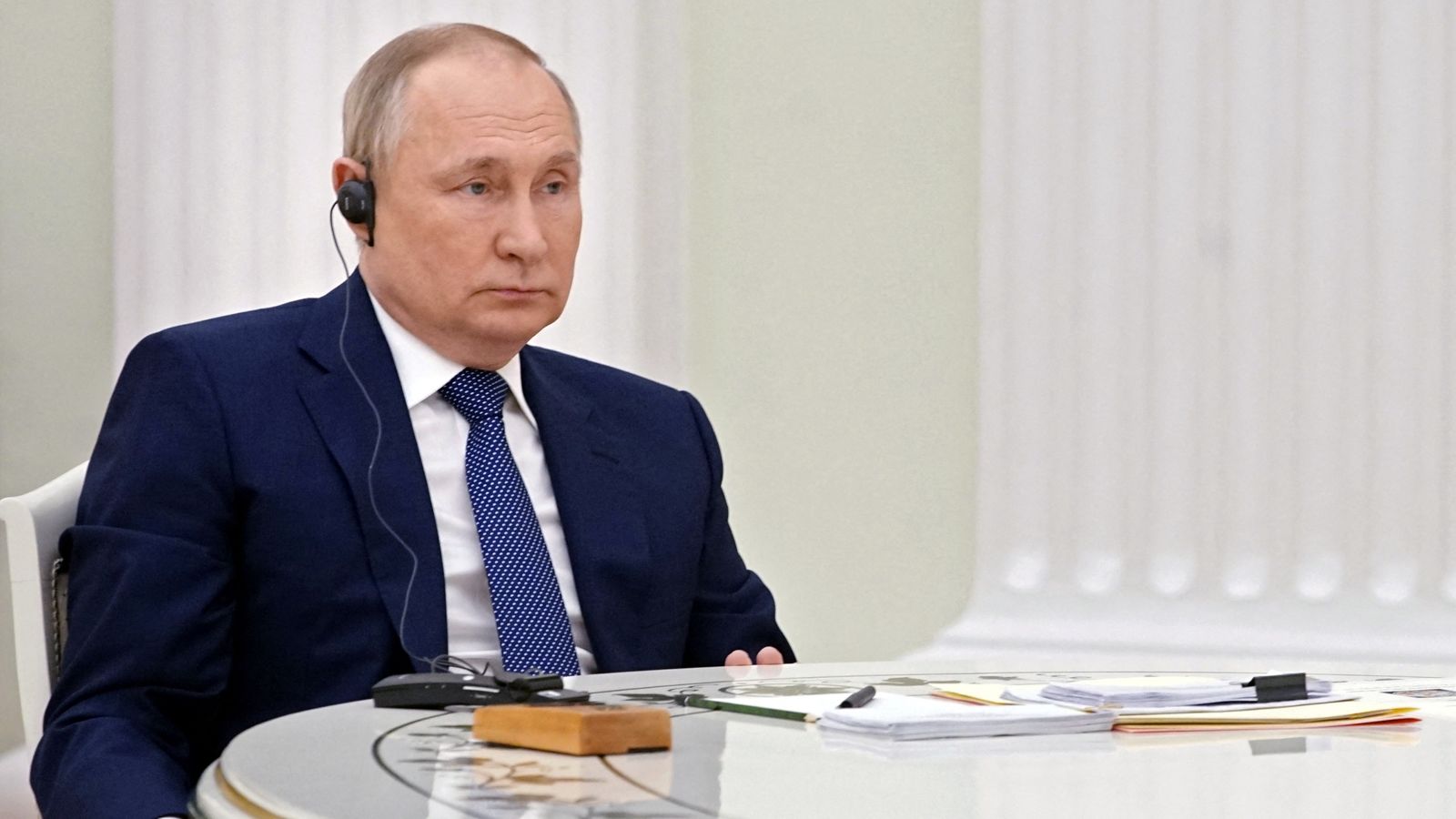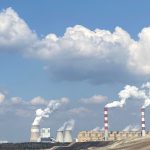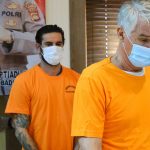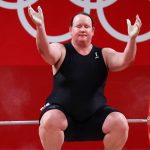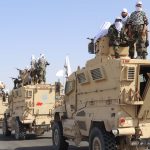Russian President Vladimir Putin has warned European countries will be drawn into military conflict if Ukraine joins NATO, following a meeting with French President Emmanuel Macron.
The Russian leader also warned there would be “no winners” from the ongoing crisis, after meeting with his French counterpart at the Kremlin, for talks he described as useful, substantive and business-like.
Emmanuel Macron travelled to Moscow for talks amid a stand-off over Russian military build-up near the Ukrainian border.
Read more: Three new signs of Russian invasion plans
Following the meeting, Mr Macron said he is sure he will get some results, even if it is not easy to secure.
Meanwhile, in Washington, the US president met with the German chancellor for talks about the simmering crisis.
‘Diplomacy can prevail’ says UK PM
Russia and France share ‘security concerns’ says Putin during meeting with Macron in Moscow
Ukraine crisis: ‘Malicious Russian activity’ must be opposed, Johnson and Macron agree
Marine Le Pen tells followers ‘leave now if you want to go’ as far-right party defections shake election hopes
As cross-continental talks continue on Monday, the prime minister said “we are witnessing the biggest military build-up in Europe since the Cold War” but said Britain will not “flinch” with its support to Europe and Nato “unconditional and immovable”.
Writing in The Times, the Prime Minister said: “If he launches another invasion, he will force the West to bring about much of what he seeks to prevent.”
He added: “We are considering deploying RAF Typhoon fighters and Royal Navy warships to protect southeastern Europe. And HMS Prince of Wales, our newest aircraft carrier, is now the command ship of Nato’s Maritime High Readiness Force.”
In January, the UK sent 30 elite troops and 2,000 anti-tank weapons to Ukraine.
Liz Truss, the foreign secretary, will travel to Moscow on Thursday for meetings with her Russian counterpart. She will be followed by Ben Wallace, the defence secretary, on Friday, who will meet the head of the Russian military.
The Moscow discussion: Putin and Macron
In a joint news conference after talks, Mr Putin said that a number of Mr Macron‘s ideas concerning security were realistic and that the two would talk again once Mr Macron had travelled to Kyiv to meet Ukraine’s leadership.
“A number of his ideas, proposals, which are probably still too early to talk about, I think it is quite possible to make the basis of our further joint steps,” he said.
“We have agreed that after his trip to the Ukrainian capital we will call each other again and exchange views on this matter.”
Mr Putin added Russia will do everything from its side to find compromises that suit everyone.
During talks, Mr Putin told Mr Macron: “I realise that we share concern about what’s going on in Europe in the security sphere.”
Mr Macron called for de-escalation as he sat down for the talks, adding: “Dialogue is necessary because that’s the only thing that will help, in my view, to build a context of security and stability on the European continent.”
Putin’s spokesman, Dmitry Peskov, described the visit as “very important,” but sought to temper expectations, saying “the situation is too complex to expect a decisive breakthrough after just one meeting”.
Read more: Putin afraid of starting war, ex-Oligarch claims
The Washington talks: Biden and Scholz
Meanwhile, thousands of miles away in the White House, the Biden administration expressed increasing alarm about the prospects of military conflict.
The Pentagon has warned that Russia is continuing to add “sizeable” troops along the Ukraine border, with a spokesman saying that with each passing day, Mr Putin is giving himself more military options.
Americans – other than essential diplomats – have been told “it would be wise” for them to leave Ukraine as President Biden said he would hate to see US nationals caught in the crossfire.
Germany and the United States have been working closely together to ensure sanctions can be imposed quickly, with Chancellor Scholz saying an invasion “will have very high costs for Russia” in a joint news briefing at the White House.
Follow the Daily podcast on Apple Podcasts, Google Podcasts, Spotify, Spreaker
Meanwhile, President Biden warned there “will no longer be Nord Stream 2”, a crucial European gas pipeline if Russia crosses into Ukrainian territory.
Scholz stressed the need to keep some ambiguity about sanctions in order to press on Russia to de-escalate the crisis.
“It’s necessary for Russia to understand that a lot more could happen than they’ve perhaps calculated with themselves,” Mr Scholz said.
Earlier on Monday, US secretary of state Antony Blinken warned: “There will be real and profound consequences should Russia choose to continue aggression.
“We developed a high impact quick action response that would inflict massive costs on the Russian economy and financial system.”
Actions, he said, would include sanctions and export controls that would “deny Russia the technology it needs in key sectors”.
